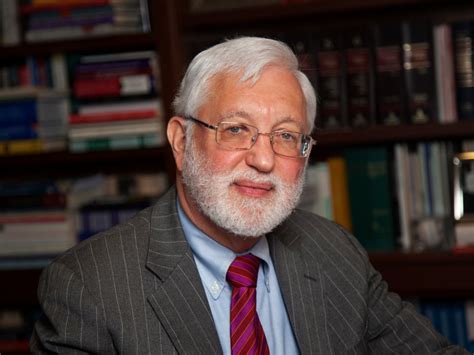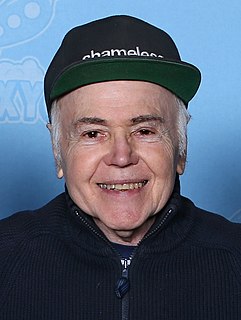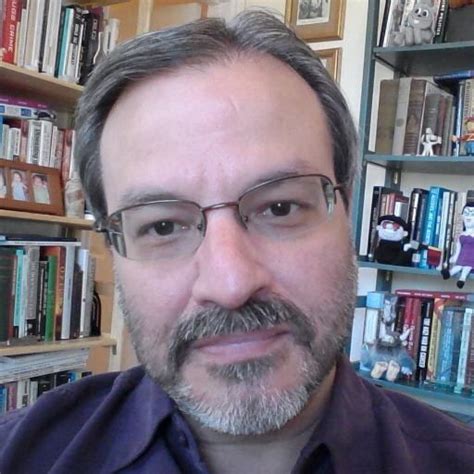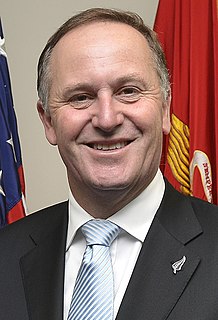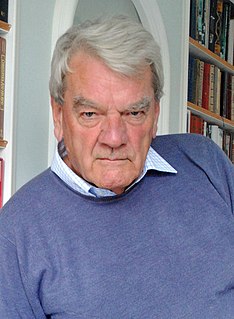A Quote by Ryan Hofmeister
Religion is good, as it controls the people that don't have the intelligence to make worthwhile decisions. However, it could be debated as to whether this makes up for the atrocities committed by these people.
Related Quotes
Supporters of the war are constantly asking those who oppose it: Why don't you deplore the wrongs and atrocities committed by the other side? The answer, so far as I am concerned, is that I do deplore the wrongs and atrocities committed by the other side. But I am responsible for the wrongs and atrocities committed by our side. And I am no longer able to participate in the assumption that atrocities committed by remote control are less objectionable than those committed at arm's length. I am most concerned with American obstacles to peace because I am an American.
If the fact that people make poor decisions is reason enough for the government to second-guess their decisions about dangerous activities such as smoking cigarettes and riding motorcycles, why on earth should the government let people make their own choices when it comes to such consequential matters as where to live, how much education to get, whom to marry, whether to have children, which job to take, or what religion to practice?
Religion grows with the intelligence of man, but all religions of the past and probably all of the future will sooner or later become petrified forms instead of living helps to mankind. Until that time comes, however, if religion of any name or nature makes man more happy, comfortable, and able to live peaceably with his brothers, it is good.
However the great successes of science - Galileo's telescopic observations, Newton's law of gravity, etc - all of this great success caused people to sort of say, what if we could establish religion on that same successful basis? What if we could have a good rational foundation for religious belief. What if religion could be sort of like science. Of course, that can't be.
Some make light of decisions, arguing that all possible decisions will occur. In such a world, how could one be responsible for his actions? Others hold that each decision must be considered and committed to, that without commitment there is chaos. Such people are content to live in contradictory worlds, so long as they know the reason for each.
I love religion. I could make up religions all day. I sort of think that in an ideal world I'd like to be a religion designer. I'd like people come up to me and say, I need a religion. I'd go talk to them for a while, and I'd design a religion for them. That would be a great job. There's a need for people like that. Fortunately, seeing that one can't actually do it, I get paid for sort of making them up anyway.
It [the Holocaust] is something like a religion.... The Intellectual Adventure is that we are reversing this entire trend within the space of one generation - that in a few years time no one will believe this particular legend anymore. They will say, as I do, that atrocities were committed. Yes, hundreds of thousands of people were killed, but there were no factories of death. All that is a blood libel against the German people.

